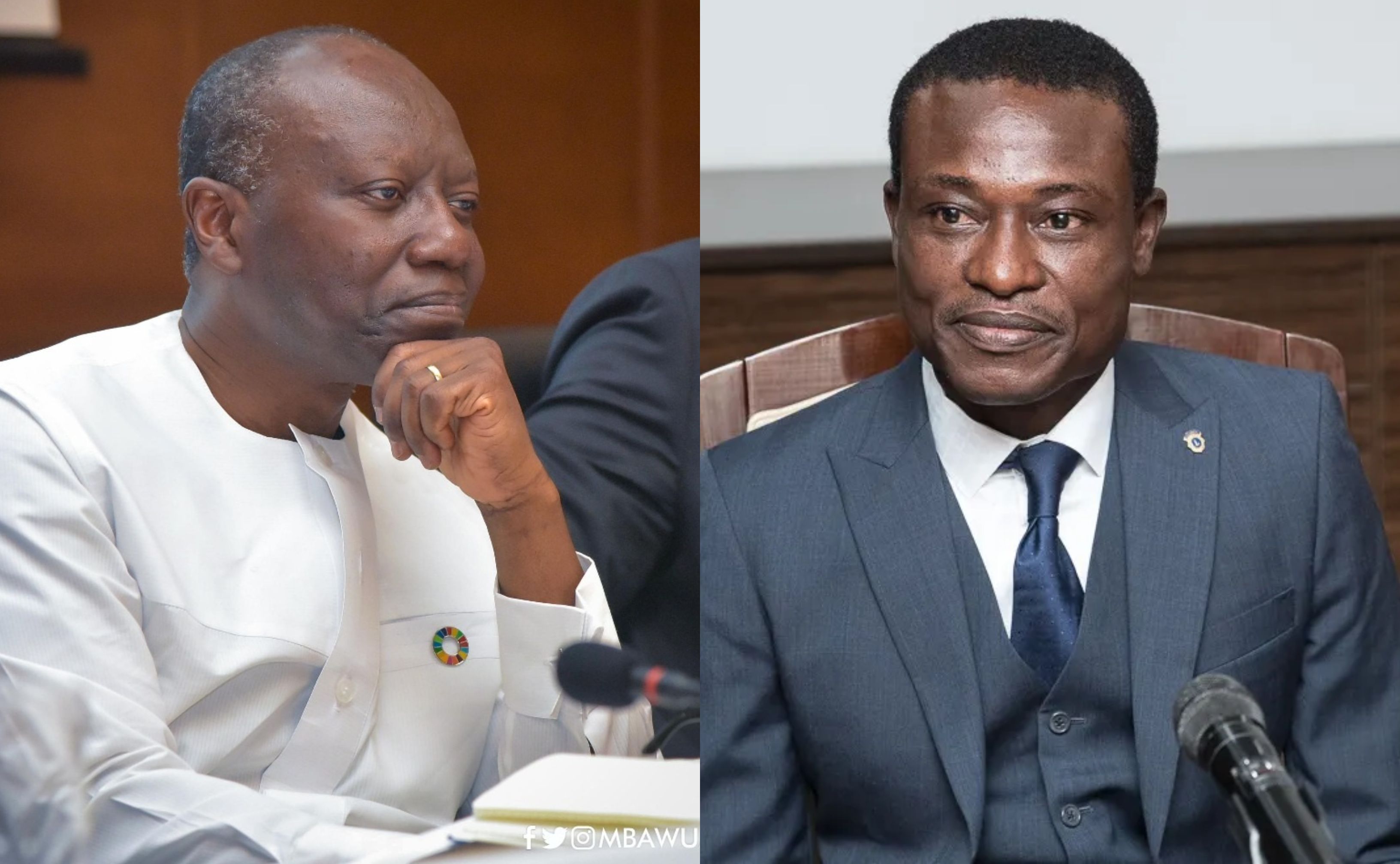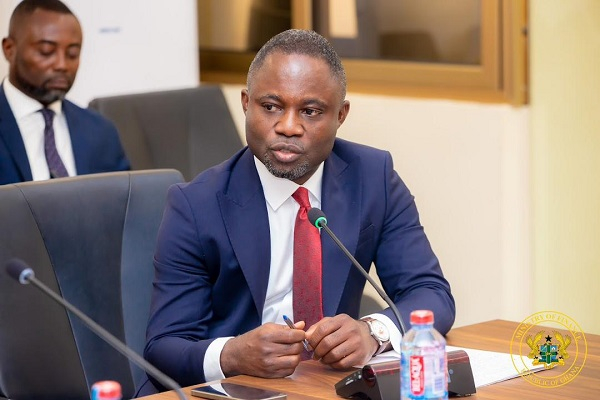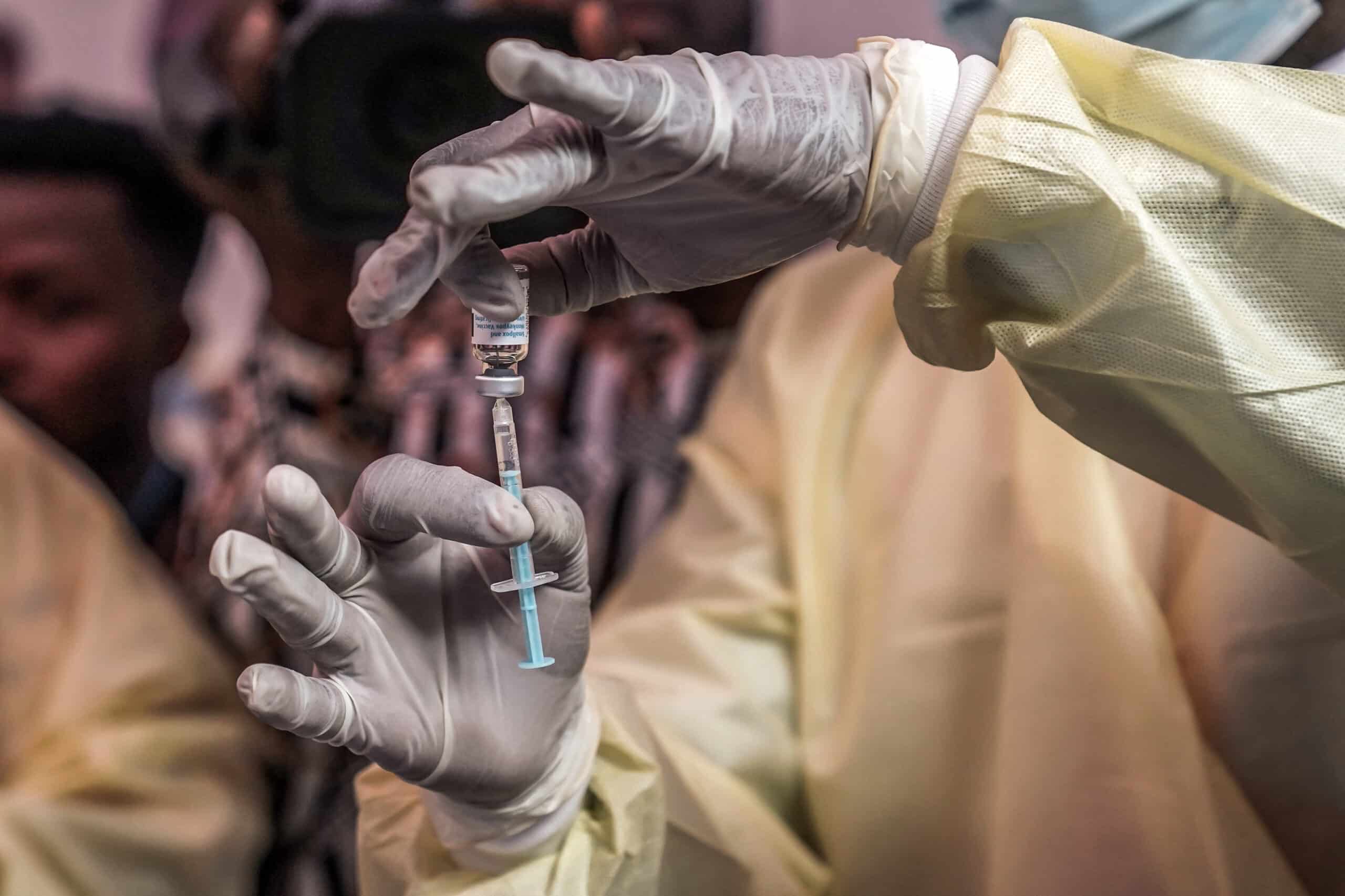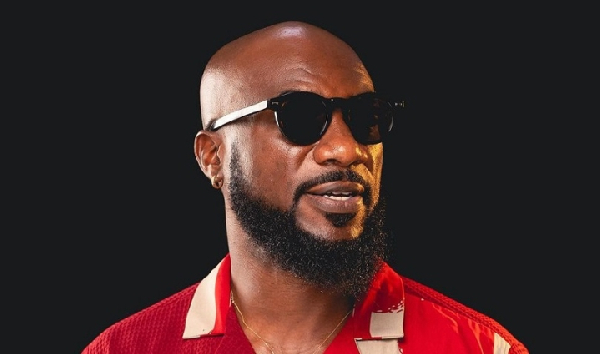NAPA, CALIFORNIA — On the first day of the third annual The Business of Beauty Global Forum, conversations delved into how the beauty industry is being shaped by changing cultural, societal and geopolitical forces.
“Our industry, much like our wider world, is in flux. It’s expanding to fit new definitions of beauty and to include new voices and lifestyles. But as you all know, it’s not without growing pains,” said Imran Amed, founder and editor in chief of The Business of Fashion as the session kicked off.
After several years of growth, the beauty industry’s upward trajectory is slowing down amid economic uncertainty, and as shoppers with already bursting beauty shelves get choosier with their spending. Brands leaning into community-building, national heritage and local understanding are still unlocking opportunities among consumers.
Following an “era of effortless growth,” the beauty industry “is cooling to a new reality, causing all businesses to rethink and to recalibrate,” said Priya Rao, executive editor of The Business of Beauty.
In this year’s State of Fashion: Beauty Report, produced with McKinsey & Company, five key themes rose to the top, including The Fragmenting Consumer, True Value, Marketing Balancing Act, Beyond the Founder and Channels at a Crossroads.
In an increasingly fragmented marketplace, brands looking to grow, especially internationally, “need to go beyond the traditional demographic way of thinking about the world, and to actual attitudes and needs in a more nuanced way,” said Kristi Weaver, senior partner in McKinsey’s beauty sector.
While brands need to pay special attention to local needs, globally, consumers — 50 percent of whom shop across the price range — are looking for value so “everyone needs a value for money strategy,” said Weaver.
As founder-led brands continue to enter the conversation, they also need to ensure they don’t rest on their founder’s personality. Only five percent of shoppers’ loyalty is driven by the founder, so while they are key to driving awareness, doubling down on quality and overall experience is key to longevity.
Standing out remains a challenge in a cluttered market, and as consumers become more discerning about ads and influencer content. “Brands need to think about being more creative, bolder, more expression-led when they’re talking to their customers,” said Rao.
As consumers discover products across marketplaces, TikTok shop, in-store and more, “retailers need to work harder, not just on brand assortment and not just on marketing, but on overall brand experience” across these channels, said Rao.
While the beauty industry is seeing growth overall, certain regions are burgeoning areas of opportunity for local and global players alike. But retailers and brands must develop a nuanced understanding of their country — often with a local partner — to craft strategies targeted to local shoppers’ needs.
Anchit Nayar, chief executive officer of Indian beauty e-tailer Nykaa Beauty, and Andy Lightfoot, chief executive officer of British beauty retailer SpaceNK, both highlighted the necessity of tailoring global brand strategies locally.
In India, where Nykaa operates, the opportunity for beauty is huge, but the retailer had to help “build the entire ecosystem to help brands look at India as a serious market,” said Nayar. As more brands pick up on how quickly the market is growing, those that don’t have the resources to build a deep understanding of the market internally have to “find the partner who can help you crack the local market… we’re a specialist. Find the right partner and be patient.”
While focused on European markets that are more mature than India, SpaceNK takes a similar bespoke approach. “It isn’t about taking the same cookie cutter approach of what’s worked in the UK,” said Lightfoot. “Our localisation is, we’ve got fundamentally different personalisation algorithms in every country we operate in. Our category hierarchy is different. The way that we group products together is different because we understand that customer.”
When bringing an international brand into SpaceNK’s home market in the UK, Lightfoot’s team focuses on how they will speak to a local consumer. He exemplified this with the upcoming launch of Indian beauty brand Kay Beauty in its stores this summer. “We discovered it a couple of years ago here at the inaugural conference,” he said. “It’s currently stocked only in India, but 13 percent of the UK population is from the Asian subcontinent, and they are really under catered for … And so our mentality is to go and find those brands … and then help the brand to really localize and speak to the UK consumer in a way that is very authentically them, but resonates with our consumer.”
While Mexico has a long tradition of beauty and department stores, for a long time, “Mexicans aspired to the ideas they saw in advertising … And it was very, very painful,” said Huguette Cervantes Laing, chief executive of Ulta Beauty Mexico. More recently, “I witnessed a major transformation. They start embracing authenticity, a broader spectrum of representation … This tremendous opportunity of seeing ourselves as Mexicans.”
A wave of local entrepreneurs has now been innovating to ensure Mexicans are represented on beauty shelves. They are also bringing their creativity and diverse national heritage to consumers. “Mexico has so much creativity and power and potential, I know I can pair that with performance to make my community feel represented,” said Anna Sarelly, co-founder of beauty brand Sarelly Sarelly.
Nour Tayara, co-founder and chief executive of cosmetics brand Aora Mexico, echoed the need to have Mexican voices heard in the beauty conversation. “It came from a lot of frustrations,” he said. “Beauty is full of the North. Think of the many brands that end with Paris… Beauty has become a bit beige, it needs a bit more colour. The north pollutes and it’s the south that chokes. Mexico was a very good answer for that. An origin is important, an origin gives you flavours… It makes your job easier.”
The storytelling opportunities in leaning into Mexico’s rich heritage are plentiful, but it has taken time “to recognise ourselves. We were so focused on the external world,” said Cervantes Laing. Now, as Mexican founders look to scale their brands and stories internationally, it will be important not to lose sight of themselves. “When you go to another country, you’re like … okay, you need to Americanize it. You need to tone it down. You need to make it fit the global standard. And I think right now … it’s not to tone it down, it’s to amplify it.”
While 20 percent of the global population is Muslim — and Southeast Asia, where a large swath of the population is also Muslim, has the highest growth rate in global beauty — they have largely been neglected by the beauty industry, particularly when it comes to Halal regulations around cosmetics.
“Halal in Arabic means allowed, or permission,” said Dr. Sari Chairunnisa, co-founder and deputy CEO at beauty company ParagonCorp, the largest cosmetics manufacturer in Indonesia. These permissions range from raw materials to language used in marketing materials, so brands can work with “a partner that is familiar with the region,” she added, to ensure they abide by different criteria, which varies by country.
Gaining an in-depth understanding of these criteria is the first step to catering to a beauty consumer who wants to be heard and see themselves represented, and who also represent a significant opportunity for beauty brands.
“We don’t see enough Muslim women being [represented] in billboards or in Sephora or in Ulta. So I think the modern Muslim, the young generation, wants to see themselves being represented well by brands,” said Chairunnisa.
Following the murder of George Floyd in 2020, brands and consumers rushed to signal their support of Black communities and businesses. But as DEI efforts are rolled back in the United States in 2025, Black founders are experiencing “whiplash,” said Rao.
The Lip Bar, founded by Melissa Butler, continues to put community and inclusivity at the centre of her business, especially the “underserviced” Black and brown customers she wanted to cater to in founding her brand, said Butler. “You don’t get to yo-yo your brand values,” she said.
Butler wants her business to go beyond the homogeneity that was pervasive in the beauty industry when she got started 13 years ago. And as personalisation becomes more omnipresent in the space, “everyone is wanting to see themselves,” said Butler. “By centering Black women in a lot of our content … We need you to actually check your bias that says, if a Black woman is centered, that’s not for me, because Black women are experiencing the opposite every single day, when you go to the beauty shelf and you don’t see a Black woman.”
She challenged investors, retail owners and shoppers to consider brands from “people who don’t look like you,” she said.
In a defiant speech, Lindsay Toczylowski, president and co-founder of social justice legal firm Immigrant Defenders Law Center, called the deportation of undocumented immigrants without due process a direct attack on democracy.
Her client, Andry José Hernández Romero, a 31-year-old Venezuelan makeup artist seeking asylum in the US, was in March deported to El Salvador, where he was taken to the country’s notorious CECOT prison along with over 200 other Venezuelan and Salvadoran deportees. The American Civil Liberties Union, which is suing the Trump administration over its use of the Alien Enemies act to deport undocumented immigrants without due process, said in court filings that the government relied solely on Romero’s tattoos to incorrectly label him a violent gang member.
Family and supporters say they fear for the safety of Romero, who is gay and was seeking asylum over being persecuted for his sexual orientation in Venezuela. He has not been seen or heard from since his arrival in El Salvador, including by his legal representation.
“His story is the embodiment of it could happen to him, it could happen to me, it could happen to you, it could happen to any one of us. It’s why the rule of law is so important. It’s why due process is so important,” she said. “The only fight that we lose is the one we give up on… It’s about the future of our democracy and the country we want to live in.”
Toczylowski also addressed escalating tensions in Los Angeles, where President Donald Trump has sent thousands of National Guard and Marines to quell protests against ICE deportation roundups in the city. Opponents of the move, including California Gov. Gavin Newsom, say the decision to send troops was disproportionate to the small number of violent incidents associated with the protests, and will only inflame the situation. On Monday, protests spread to other cities around the country.
“There are more than 200 residents of Los Angeles that have been picked up off the streets,” said Toczylowski. “I have watched masked agents in plain clothes push people into service elevators in the middle of federal buildings in downtown LA in the last two weeks. This is an all-out assault on the values that we hold as Angelenos, as Californians, as Americans.”
She said one of the most important methods of pushing back against the Trump administration’s immigration actions, whether in LA or El Salvador, is to speak out against them as often, and as forcefully as possible.
“The moment that we stop talking about [Romero], about his story and others like him is the moment that the Trump administration is successful in completing the disappearance of Andry José Hernández Romero,” she said.
This year’s Business of Beauty Global Awards jury includes Carolyn Bojanowski, senior vice president, general manager of e-commerce at Sephora; beauty brand founder Isamaya Ffrench; Ali Goldstein, president of mergers and acquisitions at L’Oréal; co-founder of skincare line Summer Fridays, Marianna Hewitt; and Robin Tsai, partner at investment firm VMG Partners, among others.
Each member of the jury shared their perspective on how brands can stand out in a saturated market, be incremental to the industry and stay true to their values.
“There’s so much entrepreneurship in the beauty industry, there’s so many brands, but it’s so hard to stand out,” said Amed.
The Business of Beauty Global Forum 2025 is made possible in part by our partners Front Row, Unilever Prestige, Citi, McKinsey & Company, Getty Images, Grown Alchemist and Stanly Ranch and our awards partners L’Oréal Groupe and Sephora. If you are interested in learning about partnership opportunities, please contact us here.













